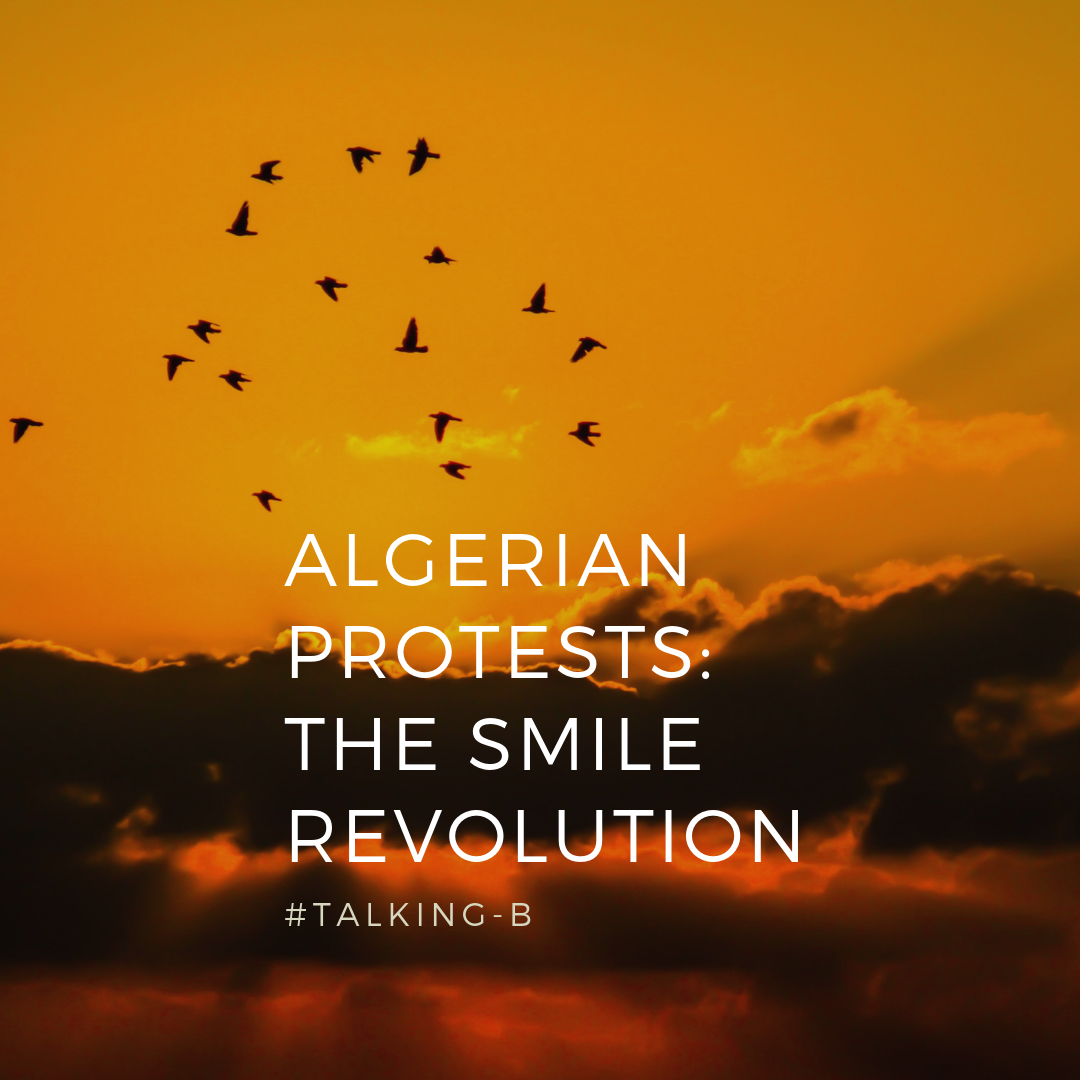Life, as they say, is in phases and each phase saturated with its own challenges. The Tripoli Program, which served as Algeria’s constitution when it won its war for independence from France in 1962, established the President as the head of state with a Prime Minister assisting in the operation of government.
Uphill and down dale, Algeria has experienced its own fair share of hiccups from the amendment of the constitution to the worst nightmare of civil war between the military government and Islamic guerrillas. Abdelaziz Bouteflika won his first 5-year term election as the president in 1999 after all other candidates dropped out, and since then, he has won re-election consecutively undisputed and unchallenged. President Bouteflika, who uses a wheelchair and has rarely appeared in public since suffering a stroke in 2013, had provoked mass protests across Algeria over the past few weeks for showing interest in contesting for the fifth time in his announcement a day after he returned home after a two-week stay in a Swiss hospital.
The reaction on social media was swift, and questions are being asked over the legality of prolonging Mr. Bouteflika’s term in office beyond the constitutional mandate. Algeria had been hit by strikes by teachers and students, as well as shops closing and train services being suspended as thousands took to the streets gaining more momentum every week since the first major demonstration took place on February 16, 2019.
Algeria was one of the countries in the Northern pole of Africa that was almost untouched when the 2011 Arab spring had its grips on autocrats in the Arab world. The rising demonstrations happen to be the first that the country will experience in this grandeur. What could be said about the Algerians? Force or resilience? The tiredness of the known and a desire of the unknown? A wave of change?
Pressure mounted on Mr. Bouteflika to withdraw when more than 1,000 judges said last Monday they would refuse to oversee the planned general election were he a candidate. Also, the military chief of staff, Lt Gen Gaed Salah, said the military and the people had a united vision of the future indicating that the armed forces were sympathetic to the protests meanwhile, top clerics and unions are not exempted.¹ Although, the 82-year-old president Bouteflika was almost successful in pacifying the protesters by ceding to their demand dropping his ambition of running again after two decades in power but the hope was short-lived following the cancellation of April 18 presidential election, a move that critics fear could allow him to cling to power indefinitely and thereby giving room to a new phase of protests.
Another factor worthy of note is despite people’s anger towards the power structure widely seen as a corrupt and valid fact of millions struggling to make ends meet even with the country’s gas wealth, the protest has been relatively peaceful so far, considering their mass and police was never reported hostile. This is another indication that regardless of uniform or nature of the job, the whole country is on the same pedestal of change which will also come with a price.
Reference
- BBC world news


3 comments
Great move
Thank you very much for reading sir. We agree that the Algerians proved courage
Insightful